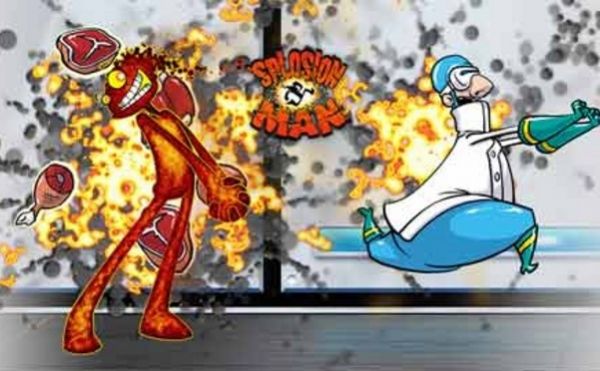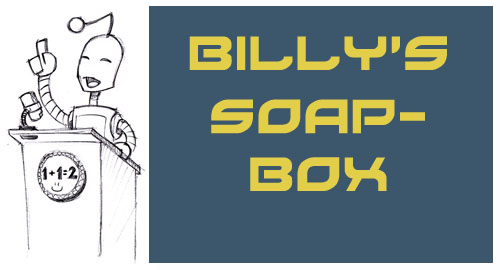The University of Leicester in the UK has recently conducted a series of social experiments on how people cooperate based on the size of groups. It turns out that two people cooperate almost instinctively, adapting to one anothers needs and working together to meet a common goal on an intuitive level. Larger groups however, require a bit more effort to work cohesively. The largest factor involved: Communication.
Now, why would a social experiment like that be featured on a gaming website like this? Well, according to Lifehacker.com the button pushing part of the experiment applies to cooperative gaming as much as the ability to make business decisions cooperatively.
The experimenters asked participants to press one of two buttons, rewarding the participants based on their choice as a group. After repetition, groups of two learned to work together to make the system work in their favor more often than not. In groups of three or larger, that wasn't the case.
The original case study makes the following statement in response to pairs of people working together as opposed to teams.
Married couples or pairs of business partners may be able to rely on this type of intuitive cooperation, to an extent, but larger groups need explicit communication and planning. Mechanisms need to be put in place to facilitate it. Intuitive cooperation is really a case of two’s company, but three’s a crowd.
Button pushing is a pretty decent analogy for gamers as many games have button matching sequences in games, as seen in games such as ’Splosion Man. While playing ’Splosion Man, it was evident to me that syncing up with 3 players was tougher than two, and four was downright frustrating without some solid communication. This is where things like Xbox Live Party system and the Playstation Network come in to play.

’Splosion Man is an action platforming game where players have to work very closely to advance through some pretty impressive challenges. Timing jumps and explosions to launch one another in the air, hitting buttons at the same time, or unlocking doors for each other to advance cooperatively is what this game capitalizes on.
For instance, with two players it was fairly simple to jump and explode off one another at the right time without even saying anything. With three of us, we almost had to pair off to reach certain spots because three of us did not have the same flow. This is where the communication came in. The group I played with had to sit quietly and wait for one person to count down (otherwise we’d all hit the “count down” button at different moments, counting down from 4, I mean 4, I mean 4, 3, 2...See how annoying that is?)
Without the ability to carefully explain or plan 3 or 4 player actions, the co-op process in games like ’Splosion Man suffers greatly. We as co-op gamers are interested in studies like this as we watch teams of people interact through games like Halo Reach, where it’s imperative to communicate with up to 4 players, but it’s fairly simple to walk through the campaign with just two of us.
What are some games that we play that require (or don’t require) explicit communication? Have there been occasions where it just feels like you’re in perfect sync with your co-op partner? How about occasions where one person clearly had to take charge in order to keep the group working together?
Source: Www2.le.ac.uk
